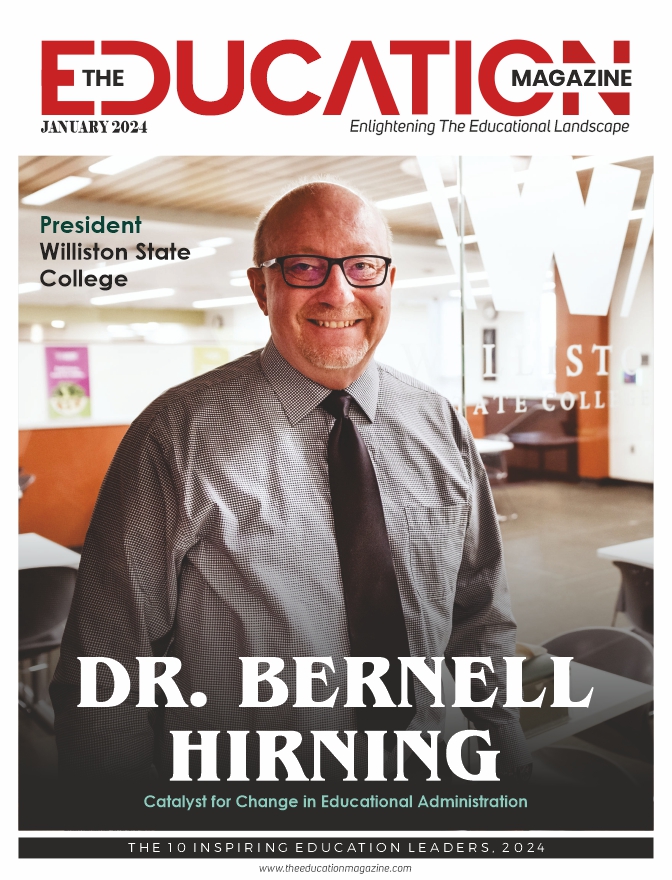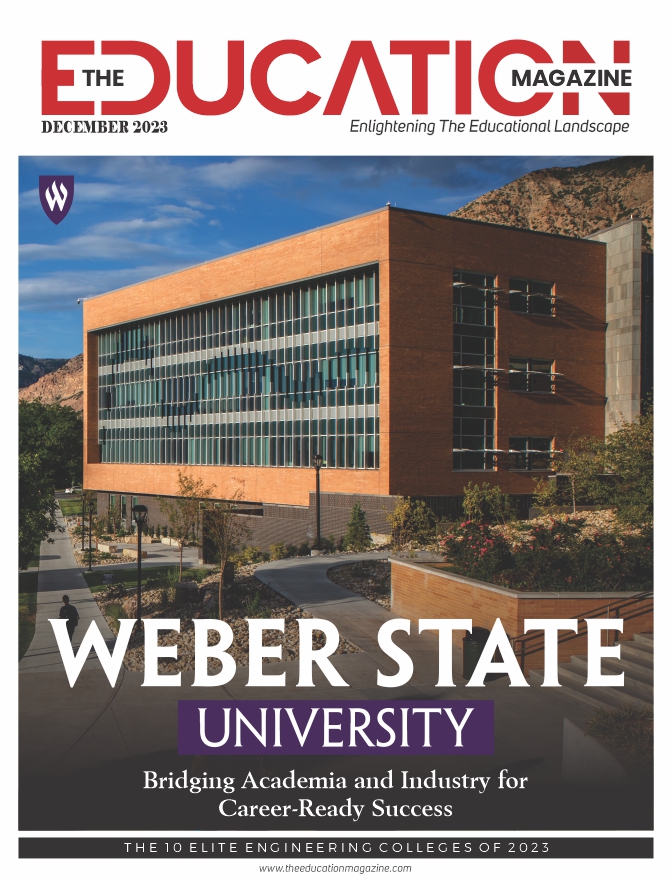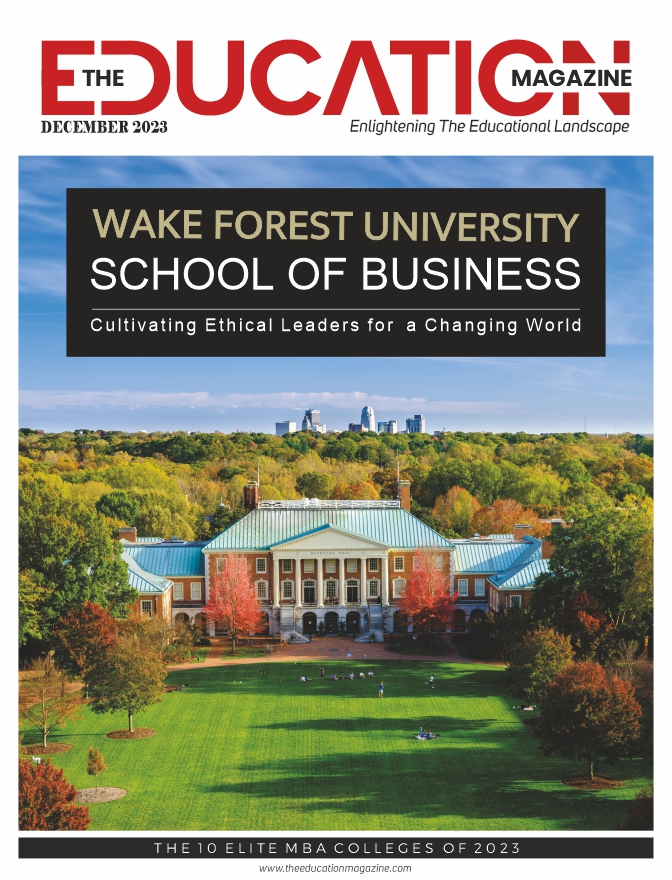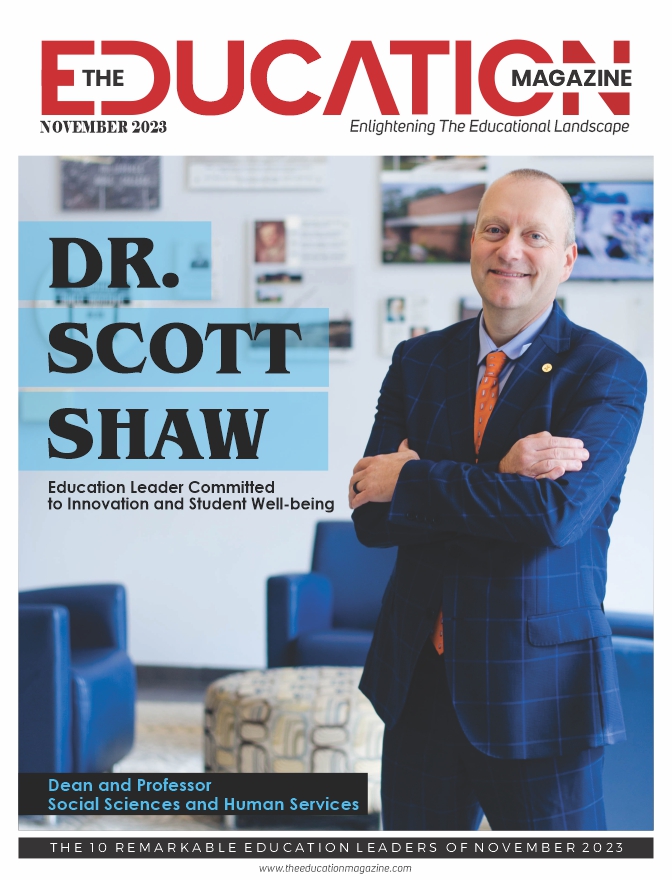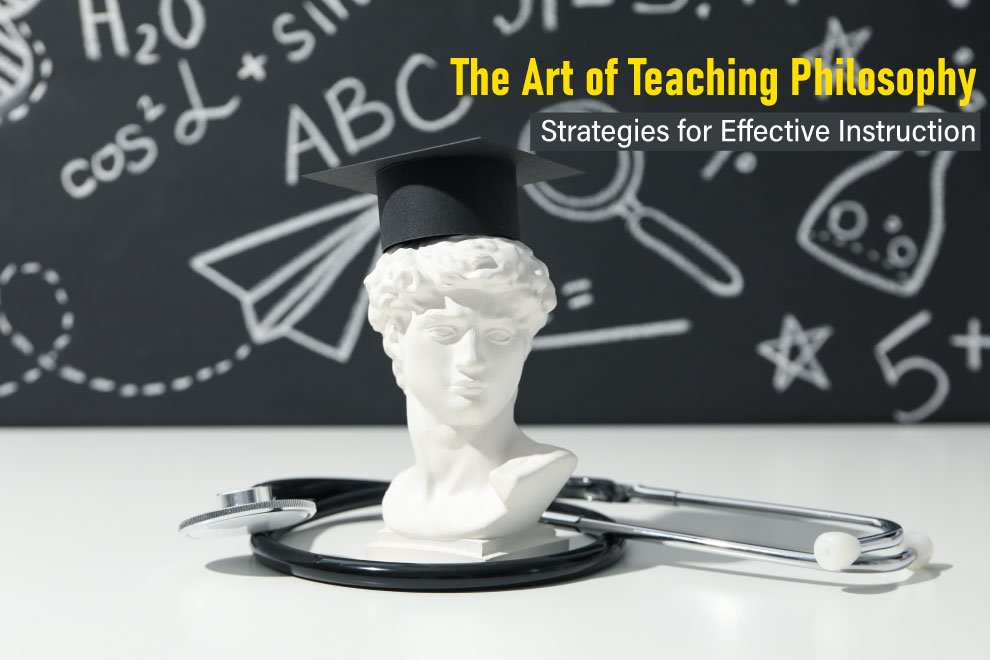‘Invisible’: that is how LGBT+ scientists describe their status
We still live in a very regressive society when it comes to showing compassion to the LGBT+ community. When on one hand institutions and workplaces are not ready to blur the inequality line, we as an individual are also extremely homophobic where a majority of the people don’t invest in understanding the struggle and horror the community faces on a daily basis.
‘Invisible’: that is how LGBT+ scientists describe their status at their institution, laboratory, classroom, or office. Discussing the complexity and hardship face by many scientists from sexual and gender minorities, here are some observations from a 2019 survey that backups this sense of invisibility;
- Nearly 30% of LGBT+ scientists and half of the transgender scientists said that they had considered leaving their workplace because of an unfriendly or hostile climate or because of discrimination.
- Nearly 20% of LGBT+ chemists and 32% of transgender and non-binary scientists across all disciplines had experienced exclusionary, offensive or harassing behavior at work in the previous year.
- About half of the respondents agree that there is an overall lack of awareness of LGBT+ issues in the workplace.
- Also, a 2016 study found that LGBT+ undergraduate students are 7% less likely to be retained in STEM fields than are their non-LGBT+ counterparts.
The 2019 survey was conducted on more than 1,000 UK-based physical scientists.
We as progressive millennials who have been educated in repetitive institutions find sexual orientation and sexual and gender identity the taboo topics of conversation in many Science, Technology, Engineering and Mathematics (STEM) workplaces. LGBT+ scientists argue that cloaking an important part of their identity at work can have dangerous consequences for mental health and career advancement, both for individual scientists and for the disciplines that could drive them away.
While many institutions and funding agencies follow gender bias in data, they do not collect data on sexual orientation and gender identity. For example, the US National Science Foundation has been collecting data on medicine, healthcare, driving, and even urban planning based on one default in mind; a white male weighing 70 kgs. They are still considering whether they should include LGBT questions in their Survey of Earned Doctorates, years after announcing it intended to test the feasibility of doing so.
Hontas Farmer: Break with convention
Hontas Farmer (she) is a Black, transgender theoretical physicist and a lecturer at Elmhurst University in Illinois.
Scientists should be aware that colleagues can have vastly different backgrounds and experiences. I’m 40 now, and still in debt…… I’m also a part of the Laser Interferometer Space Antenna (LISA), a volunteer-powered collaboration between NASA and the European Space Agency researching gravitational waves. I don’t get paid for this work. If I weren’t so driven, I might have quit physics and returned to being a sex worker. Or I might be dead: many trans women of color wind up dead before the age of 35.
I could not get the recommendation letter that I needed to apply for a Ph.D. program. The professor said that they did not think I could get a job. “You’re too eccentric to be you, and be a physicist — you have to be overwhelmingly great, and you’re not,” they told me.
That made me angry at the time, but now I think in some ways they were right. Not everyone gets to be a full-time tenure-track professor, especially in today’s job market. But I still wish that I’d had the option to get the degree. I’ve given up on pursuing a Ph.D., but I still get to do work similar to that of Ph.D. physicists. When I applied to join LISA, they accepted me because of my research in general relativity. And they treat me just like anybody else. That is the most inclusive thing allies can do.
Today, Farmer started teaching at Elmhurst University in Illinois, in a small supportive community. “It’s sort of counterintuitive, but I’m confident that a conservative school will stand behind me because they hired me for my credentials. Be open to finding acceptance anywhere.”
Similarly, many LGBT+academics shared about the effects on their careers of fighting prejudice, assumptions and bias; how colleagues can be effective allies and advocates; and what policies institutions could have to make STEM workplaces more inclusive.

